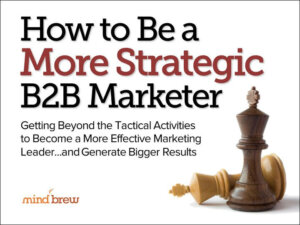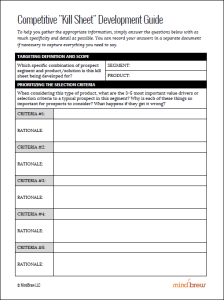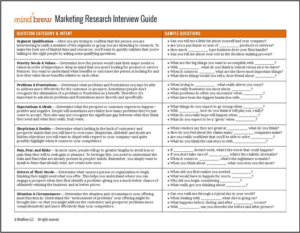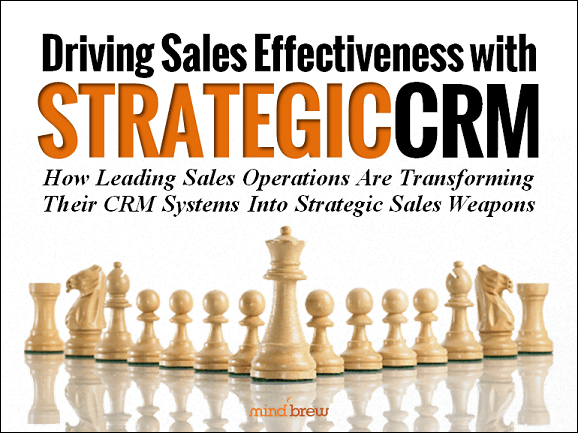Every business environment is full of opinions–and marketing is certainly no exception. In fact, marketing is probably the worst of all departments. Everyone from finance to product engineering likely has an opinion on what a marketing piece should say or how some it should look. In fact, it’s a good bet that you’ve heard some of these recently:
- “I think the headline for this marketing piece should be X.”
- “I’m sure this value driver is what customers care most about.”
- “I believe this feature is the one we need to be talking about.”
- “We have to attend this industry event to promote ourselves.”
- “I think this is the price we should set for this product.”
Of course, there’s nothing wrong with having an opinion. Most great business ideas, products and success stories started with one. And everyone, rightfully so, believes they’re entitled to their opinion—no matter how loudly they’re spoken, how educated they may be or what level of the company they emerge from.
But at its core, an opinion is just a gut feeling of what what should be done and what will work. Unfortunately, left to themselves, they can be very problematic and risky…especially in marketing:
Sometimes marketing opinions carry great risk…
If you don’t understand what prospects actually value, your messaging and marketing efforts could could fail—flushing R&D dollars and potential revenue down with it.
Sometimes marketing opinions are self-fulfilling…
A belief that a message won’t resonate with prospects will always come true if it’s never tested. How can you know? Maybe it could perform better than anything else you’ve tried.
Sometimes marketing opinions are a false-positive…
An opinion that you should attend a tradeshow or run a certain promotion to attract attention and get customers buying can often appear to be true because it produces some results. But just because it delivered some results doesn’t mean it was the right thing to do…particularly when there are even more effective options available.
To take the risk out of marketing opinions, you need to be sure you see opinions for what they are—a starting point. They’re often ideal hypotheses to research, test and ultimately prove or disprove. It used to be that an educated opinion was just about all we had to go on in marketing. But that’s not the case anymore. It’s not hard to get started with some simple marketing research and do some testing before we run the risk of putting an opinion into the market.
So beware of marketing opinions. No matter how interesting and compelling they are—or who they’re coming from—opinions are ultimately irrelevant.
But real research and facts? Those are relevant.







